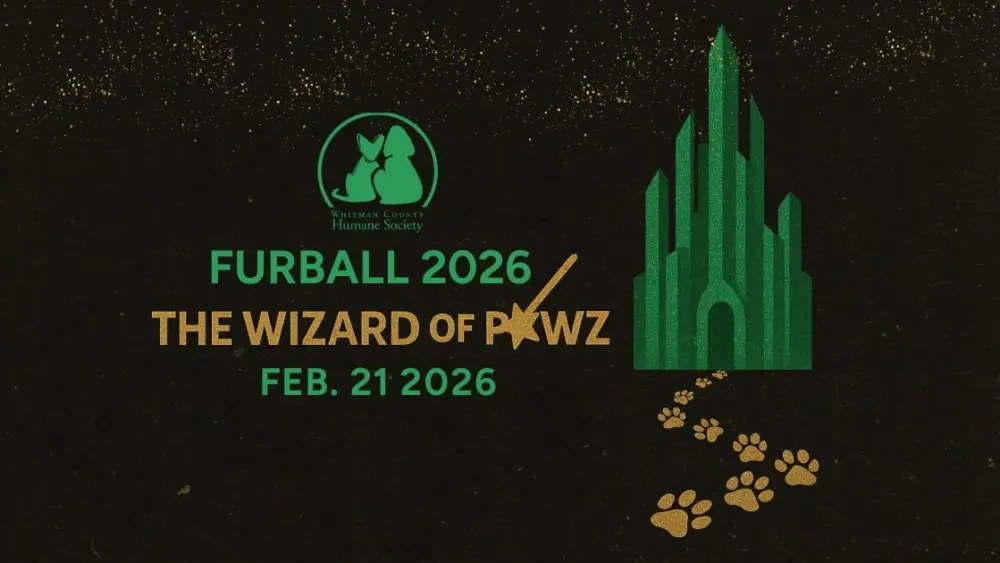OLYMPIA – The Washington Department of Fish and Wildlife is taking public comment on an environmental analysis of a plan to manage eulachon – commonly known as smelt – in the Columbia River basin.
Eulachon are a small forage fish that range from California to Alaska. The southern distinct population segment of eulachon, which spans from northern California to British Columbia, was listed as threatened under the U.S. Endangered Species Act (ESA) in 2010. Since then, changes in population status, federal regulations, and other information led to the need for development of a new management plan for the Washington and Oregon segment of the population.
“Overall, this updated plan is not a drastic departure from current management strategies,” said Laura Heironimus, Columbia River smelt lead with the Washington Department of Fish and Wildlife. “The updated plan is meant to help us continue to put conservation first while still offering flexibility for strategic harvest when the population can support it.”
The Columbia River and tributaries historically supported robust commercial and recreational smelt fisheries, but these were restricted beginning in the 1990s due to continued poor returns, and eventually closed after the ESA listing in 2010. Conservation-minded fisheries have since resumed in years when the return can support them.
The new plan identifies current management strategies and makes recommendations for monitoring and evaluation of the population, as well as harvest criteria and communication between state and federal managers.
The draft management plan is undergoing a State Environmental Policy Act (SEPA) public comment period; The SEPA determination, draft plan, and supporting documents are available on WDFW’s website. Members of the public can submit comments on the SEPA determination online, by email, or by mail to Lisa Wood, SEPA/NEPA Coordinator, WDFW Habitat Program, Protection Division, P.O. Box 43200, Olympia, WA 98504. Comments must be received by 5 p.m. on Feb. 22, 2023.
The Washington Department of Fish and Wildlife works to preserve, protect, and perpetuate fish, wildlife and ecosystems while providing sustainable fish, wildlife, and recreational and commercial opportunities.



